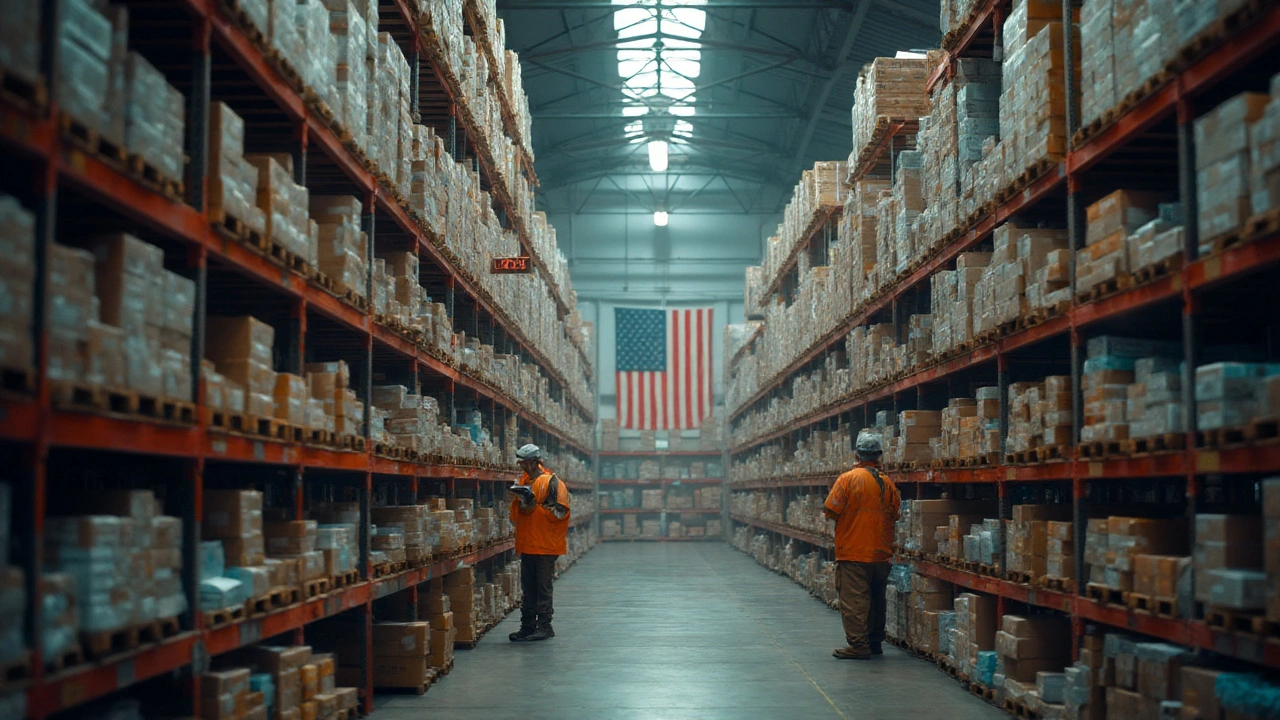Stockpiled Drugs: Smart Storage & Safe Use
If you’ve ever filled a pantry with painkillers, antibiotics, or vitamins, you’re not alone. Many of us keep a stash of meds for emergencies, travel, or just "just in case." But a stash can turn into a hazard if you don’t handle it right.
Why People Stockpile Medications
First, let’s talk about why we hoard drugs. Travel trips, unpredictable health issues, and rising drug prices push people to buy in bulk. Some stock up after a flu season or during a pandemic, hoping a supply shortage won’t leave them empty‑handed. Others simply like the peace of mind that comes with a fully stocked medicine cabinet.
Best Practices for Safe Storage
The biggest mistake is tossing everything into a drawer and forgetting about it. Start by keeping meds in a cool, dry place away from sunlight. Heat and humidity break down chemicals fast, so a bathroom cabinet is a no‑go. Use a dedicated shelf in a bedroom closet or a kitchen pantry that stays at a constant temperature.
Label each bottle with the date you bought it and the expiration date. If the label gets worn, write the info on a sticky note and tape it on the cap. This quick habit saves you from taking a drug that's lost its potency or, worse, could be harmful.
Rotate your stock regularly. When you buy a new batch, move the newest bottles to the back and bring older ones forward. That way you always use the oldest meds first. It’s a simple “first in, first out” system that works for food and drugs alike.
Separate prescription meds from over‑the‑counter (OTC) items. Prescription drugs often have stricter storage rules and may need a lockable box, especially if you have kids at home. For OTC pain relievers, allergy pills, and vitamins, a clear plastic organizer works great.
Don’t mix medications with food or chemicals. Storing pills in a container that also holds cleaning supplies can cause contamination. Keep your medicine cabinet isolated from any non‑medical items.
If you travel, pack only what you need for the trip. Use a zip‑lock bag with a printed list of each drug, dosage, and schedule. This prevents you from lugging around a whole cabinet and keeps everything organized at customs.
When a medication expires, don’t just toss it in the trash. Many pharmacies offer take‑back programs, or you can check local waste‑management guidelines for safe disposal. This helps the environment and prevents accidental ingestion.
Be aware of drug interactions. Even if a medicine is still good, it might clash with a new prescription. Keep a simple list of all your meds and share it with any doctor you see. A quick check can save you from nasty side effects.
Finally, trust your instincts. If a pill looks discolored, smells odd, or crumbles easily, it’s probably best to discard it. Your health is worth a little extra caution.
By following these easy steps, you turn a potentially risky stash into a reliable safety net. Stockpiled drugs can be a lifesaver—just make sure you store, rotate, and use them the right way.

